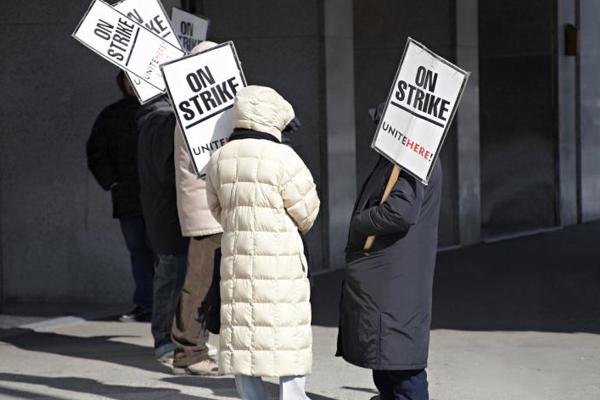Over the past five years or so we have seen a number of high-profile cases confirm that gender critical beliefs are protected beliefs under the Equality Act 2010. Reported cases on this issue often contain similar themes: the holder of the gender critical view is in the minority. The issue is one that is particularly polarising with genuine offence being taken by those on both sides of the argument, and very strong views are held and expressed upon it.
Finding a fair balance between freedom of speech and ensuring the workplace is a safe environment free from discrimination and harassment is far from straight forward. In the recent case of Phoenix -v- The Open University, the claimant was successful in her claims for discrimination, harassment, and constructive dismissal, as well as victimisation and harassment that happened after her employment ended.
Background
The claimant was employed by the Open University as a Professor between August 2016 and her resignation on 2 December 2021. The claimant's gender critical views first became known when she co-signed a letter to the Guardian in 2018 that raised concerns about proposed changes to the Gender Recognition Act 2004. In 2019, she gave a talk on trans rights, sex-based rights and the curtailing of academic freedom. The claimant co-signed an open letter to the Sunday Times in June 2019 that registered concerns over a perceived inappropriately close relationship between the LGBTQ+ charity Stonewall and UK universities. She then spoke about her gender-critical views on a Savage Minds podcast.
In 2021, the claimant and others launched the Gender Critical Research Network ("GCRN"). This resulted in an open letter being sent to the Open University ("OU") Vice Chancellor asking for OU support to be withdrawn from GCRN as it was hostile and harmful to the trans community. Signatories included the claimant's colleagues who tweeted and retweeted the letter seeking support from other academics. The claimant subsequently received anonymous emails saying she was being watched, as well as a number of death threats. The unprofessional dialogue on social media in relation to the GCRN resulted in concerns being raised that members of OU staff were breaching the social media policy, but there was no evidence of any disciplinary action being taken against those involved. The claimant raised a grievance under the bullying and harassment procedure. She began to suffer symptoms of PTSD. Following a statement by the Vice Chancellor that failed to condemn the campaign against her, the claimant resigned. Her grievance, which had not been completed prior to her resignation, was then suspended.
Judgment
The tribunal found that the OU had not done enough to protect the claimant from harm, for fear of being seen to support her views. It failed to deal with her grievance prior to her resignation and refused to take down certain online statements. The publication of the open letter criticising the GCRN encouraging a "pile on" from others constituted harassment based on the claimant's beliefs. The claimant was constructively dismissed due to repudiatory breaches of the implied term of trust and confidence and the duty to provide a suitable working environment.
What should employers do?
The OU likely felt they were under a great deal of pressure and scrutiny when dealing with this matter - the public nature of it, the objections to the claimant's views and the campaign against the GCRN on Twitter. However, when dealing with conflicting rights, employers must avoid treating those on either side of the issue differently, irrespective of how those involved in managing the situation may feel about it or the amount of external pressure they may feel under. Disagreement with someone's belief cannot justify harassment and employers will be liable if they fail to protect those with protected beliefs from the type of treatment Professor Phoenix received. Equally, someone with gender critical beliefs is not entitled to freely engage in conduct that amounts to discrimination or harassment people with the protected characteristic of gender reassignment. When dealing with conflicting rights, employers need to form a balanced view and take appropriate steps should the actions of either side be inappropriate.


